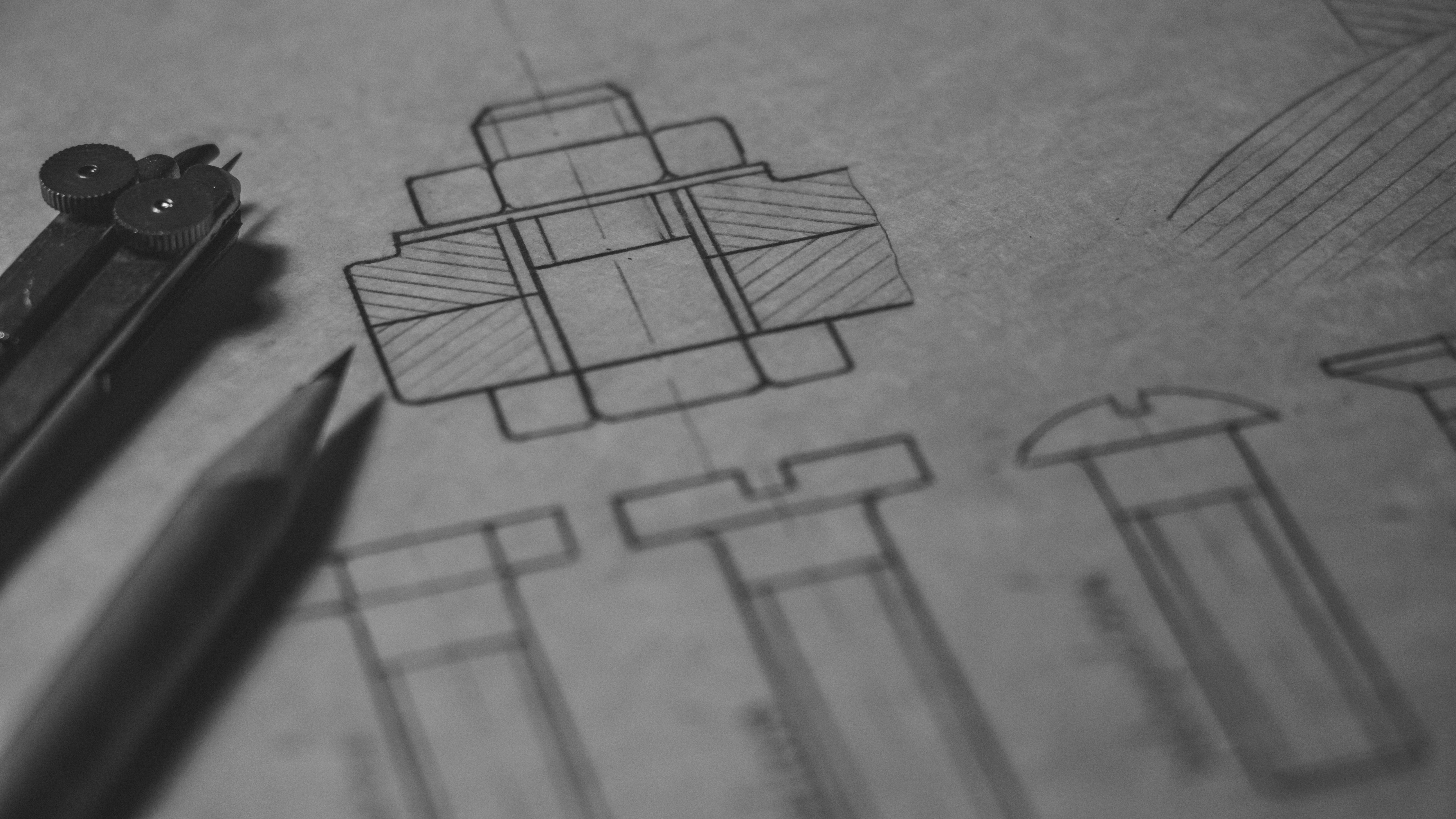The Role of Automation in Modern Manufacturing
Nov 23, 2023

Automation is revolutionizing manufacturing processes like die casting, CNC machining, and injection molding, bringing in a new era of precision, efficiency, and scalability. Let’s explore how automation is enhancing these essential manufacturing techniques.
Transforming Die Casting with Automation
In die casting, automation has introduced remarkable improvements in both productivity and quality. Robotic systems have taken over crucial tasks such as the precise pouring of molten metal, which not only ensures uniformity and quality but also significantly reduces the margin for error. Similarly, the post-casting processes, including part removal and trimming, have been streamlined through automation, boosting efficiency and enhancing worker safety. Perhaps one of the most significant advancements is in quality control. Automated inspection, facilitated by sophisticated machine vision systems, now takes place right at the casting line, allowing for immediate identification and rectification of defects. This immediate feedback loop ensures a consistently high-quality output. Furthermore, automation extends to the maintenance of die casting equipment. Predictive maintenance, powered by advanced algorithms, can preemptively identify potential machine failures, thus reducing downtime and maintaining a consistent production flow.
CNC Machining: Enhanced Precision Through Automation
The integration of automation into CNC machining has elevated this process to new heights of efficiency and accuracy. Automated tool changers, for instance, have minimized manual intervention, drastically reducing setup times and enhancing the overall speed of production. These tool changers facilitate seamless transitions between different operations, maintaining a high level of productivity. In tandem, the fusion of CAD/CAM software with CNC machinery has streamlined the entire process from design to execution. This integration ensures that every machined part adheres to the specified dimensions and complex geometries with high precision. Additionally, the deployment of robotic arms for material handling and the loading/unloading of parts has optimized the production cycle. These robots not only enhance efficiency but also play a crucial role in reducing human fatigue and error, further bolstering the process's precision and reliability.
Injection Molding: Scaling New Heights with Automation
Automation has dramatically transformed the injection molding process, enhancing its capability to produce high-quality parts at an unprecedented scale. Robotic systems in injection molding now undertake a variety of tasks, ranging from inserting components into the mold to extracting and assembling the finished products. This automation not only ensures a high degree of precision but also significantly speeds up the production process. Another vital area where automation has made a significant impact is in quality control. Automated systems now inspect each part as it emerges from the mold, ensuring that any deviations from the desired quality are quickly identified and addressed. This real-time inspection upholds a consistently high standard across all produced parts. Additionally, advanced software solutions are now employed to monitor and control the injection molding process minutely. These systems allow for the precise adjustment of various parameters, optimizing the cycle times and minimizing material waste, thereby elevating the overall efficiency of the process.
All in all, the integration of automation in manufacturing processes is a clear indicator of the industry's future direction. By enhancing precision, efficiency, and scalability in die casting, CNC machining, and injection molding, automation is not just a technological upgrade but a complete overhaul of traditional manufacturing practices. As these processes continue to evolve, the benefits of automation become increasingly evident, paving the way for a more advanced, efficient, and capable manufacturing landscape.
